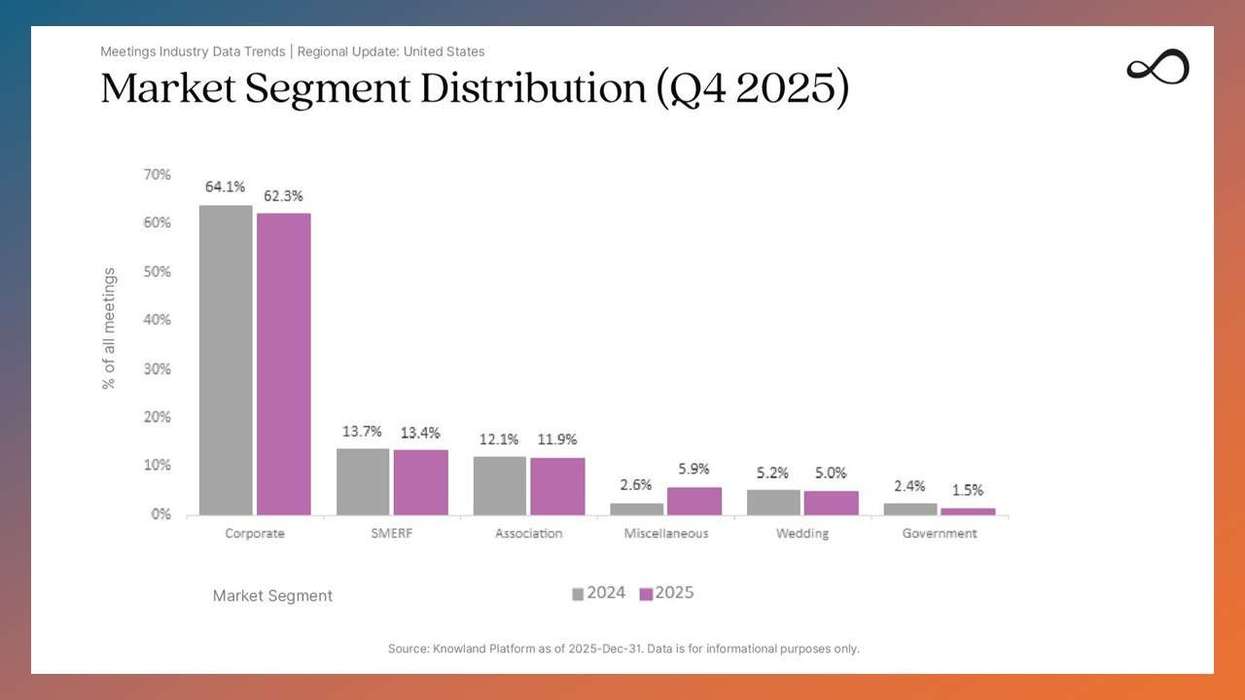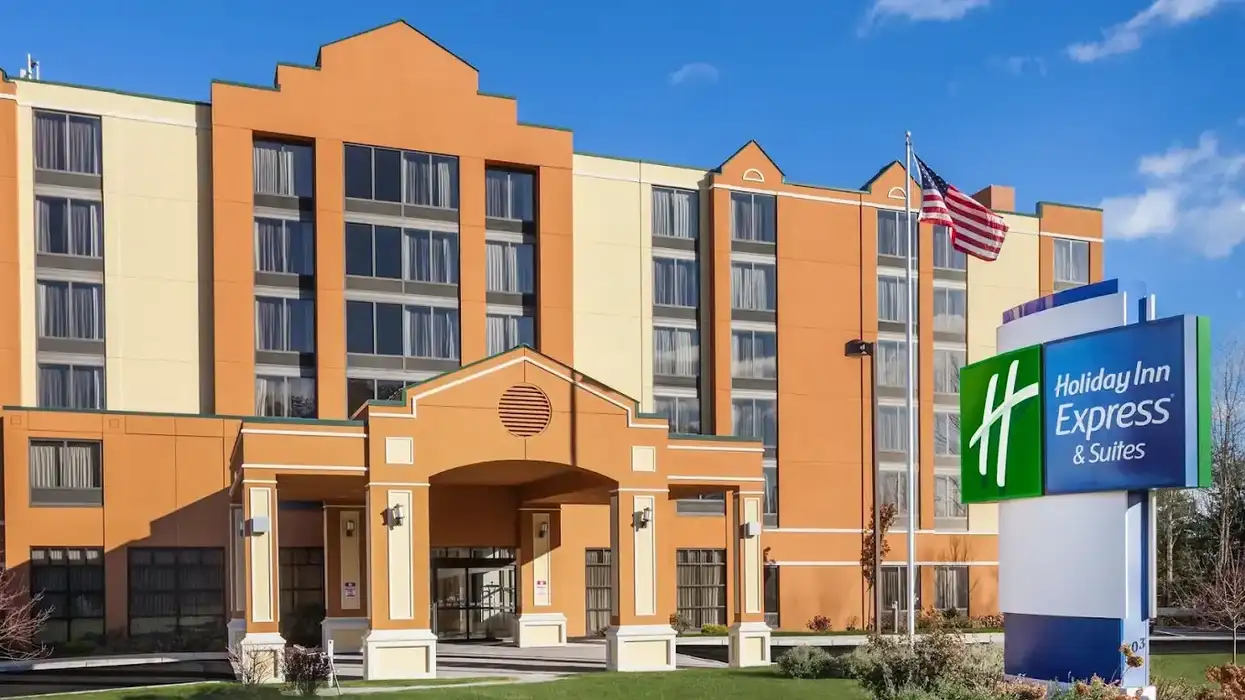CHOICE HOTELS INTERNATIONAL and Wyndham Hotels & Resorts announced the launch of a new brand and a new prototype respectively during the Americas Lodging Investment Summit (ALIS) in Los Angeles this week. Choice bills its Everhome Suites as a new-construction midscale extended-stay brand while Wyndham’s Arbor new-build prototype for its Wyndham Garden brand focuses on reducing construction costs.
Choice broke ground on the first Everhome Suites in Corona, California, shortly after officially launching the brand. It also has agreements for the development of 13 more of the new brand in Austin, Texas, and Los Angeles, and the company expects the first opening in 2021.
Everhome Suites is meant to fill a gap in the extended-stay market, said Patrick Pacious, Choice’s president and CEO.
“If you look at the rooms that were sold in the U.S. in the last year, 20 percent were for an extended stay of seven nights or more. And yet only 9 percent of existing supply is purpose-built extended stay,” Pacious said. “So, the customer in this segment, we believe, has been underserved.”
At development cost of about $85,000 per key, the new brand joins Choice’s other extended-stay brands, WoodSpring Suites, MainStay Suites and Suburban Extended Stay. The segment is known to be resilient even during economic slowdowns, the company said. It cited research that showed that while overall occupancy rates dropped to around 55 percent during the 2009 recession, economy and midscale extended-stay hotels maintained rates of between 65 to 70 percent.
“It offers high returns, and also it’s very cycle resistant which obviously is a hugely attractive feature for potential developers,” said David Pepper, Choice’s chief development officer. “We also believe there’s much hidden demand, extended stay business that’s out there that’s looking for a home like this.”
Pepper also said that Choice brands make up 20 percent of the extended-stay pipeline.
Along with standard amenities like outdoor pools at some locations, Everhome Suites hotels will feature local artwork such as murals by the entrance and other public spaces. The pet-friendly rooms will be flexible spaces that can be personalized by the guests.
“Our target guest is driven to be successful personally and professionally, and we designed Everhome Suites to empower them to live and work more efficiently on the road so they can tackle whatever comes next,” said Anna Scozzafava, the company’s vice president for brand strategy and operations at extended-stay brands.
To encourage development, Choice will offer Everhome Suites franchisees a site-modeling tool to pick the hotel’s location as well as flexible prototypes and turnkey development support.
Wyndham’s Arbor prototype is four-stories and 110 rooms that is scalable under 58,000 square feet to fit sites smaller than two acres. It also includes flexible outdoor space.
“With the majority of Americans spending less than seven percent of their day outdoors, we wanted to create spaces that bring the outside in, honoring our brand’s identity with a connection to nature to help our guests travel at ease,” said Danica Boyd, Wyndham Garden brand leader. “We also recognize the importance of thoughtful planning in today’s construction climate, and designed Arbor as a breath of fresh air for both guests and developers.”
The new prototype is part of Wyndham’s new-construction growth strategy along with its Moda prototype for Microtel Inn & Suites, which was introduced last year.
Wyndham Garden also announced a new F&B concept, Nice&Vice by celebrity chef Jet Tila. It features simpler dishes with fewer ingredients, reducing costs.





